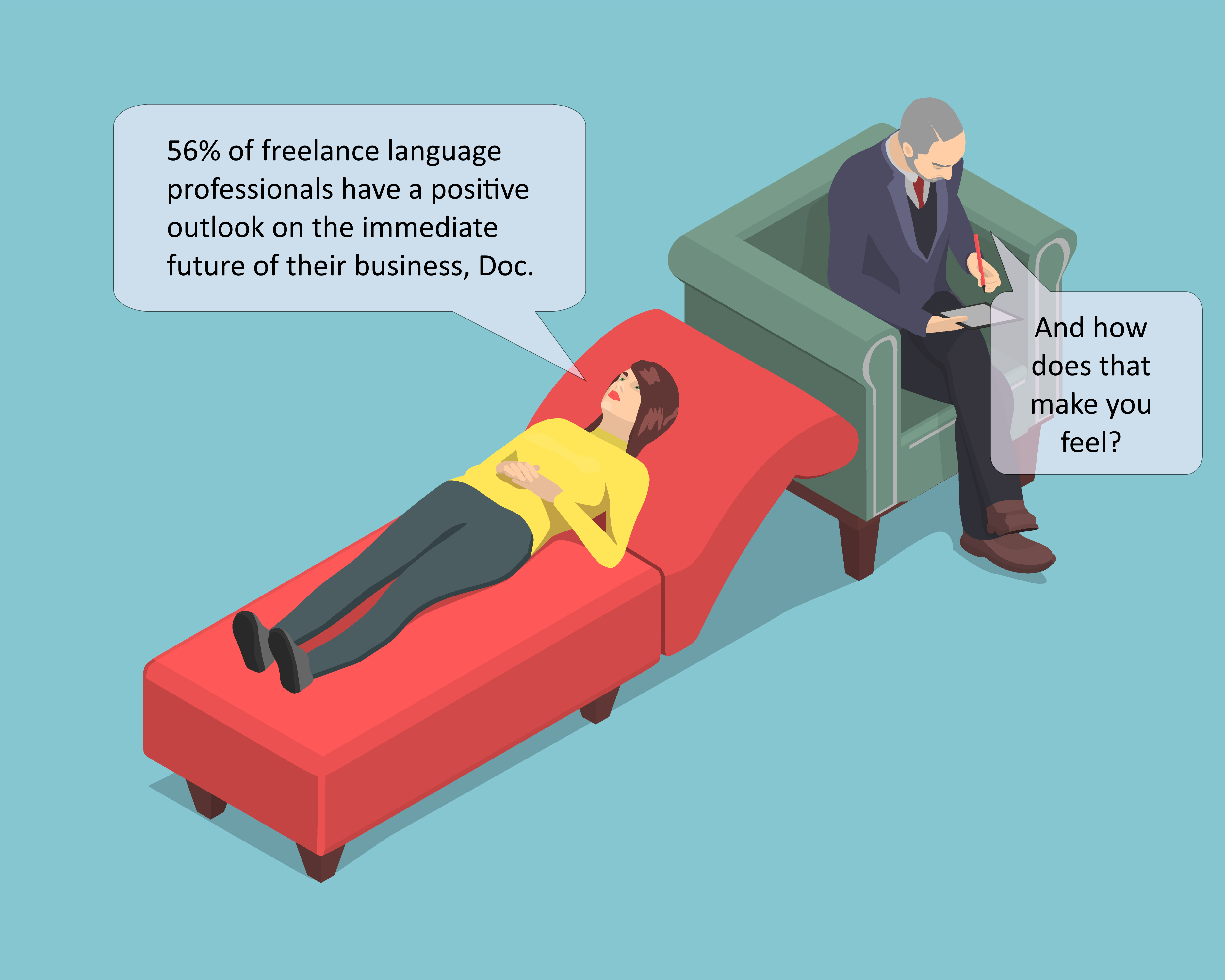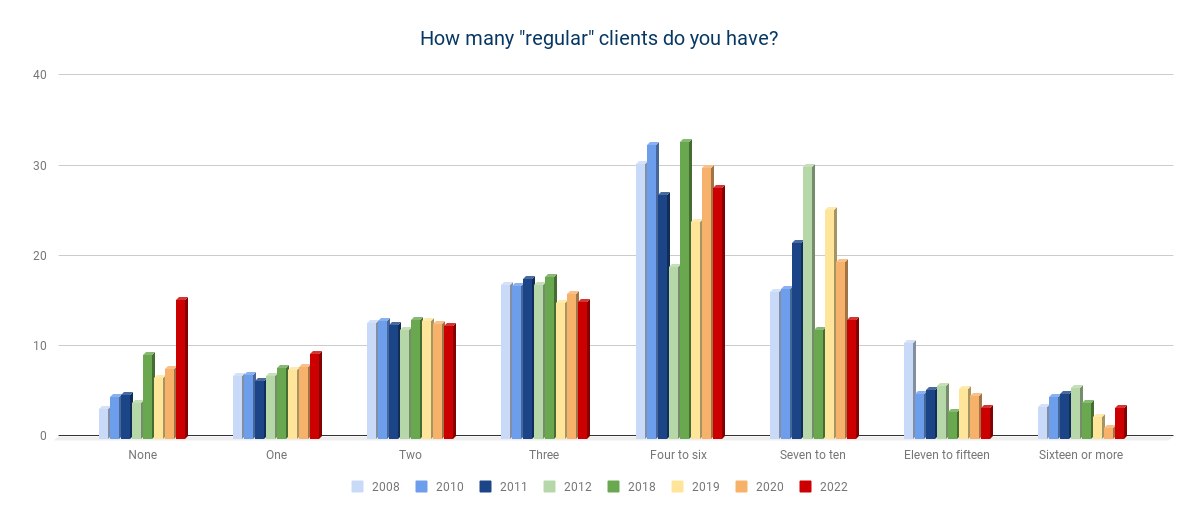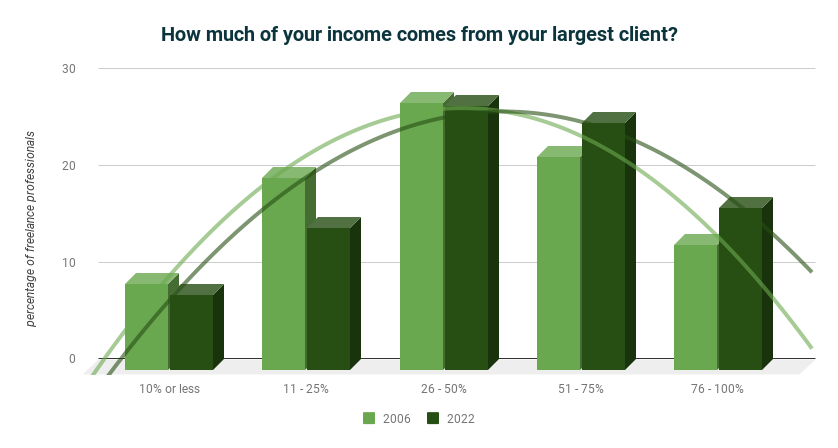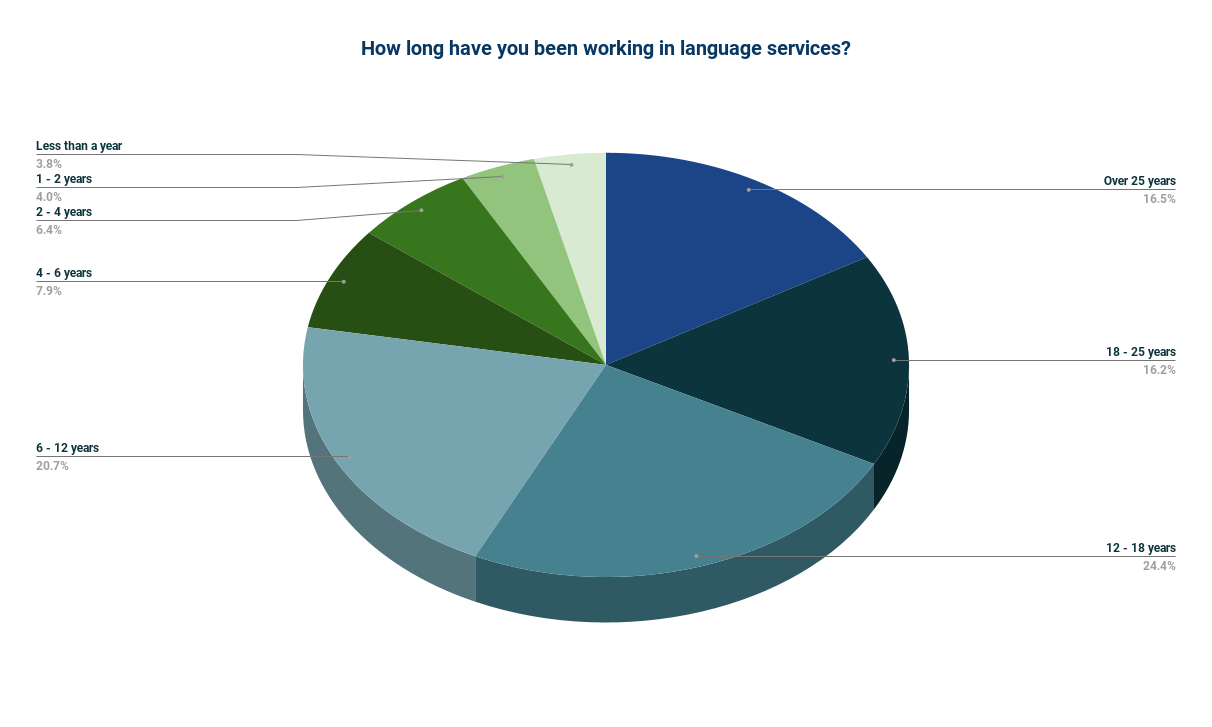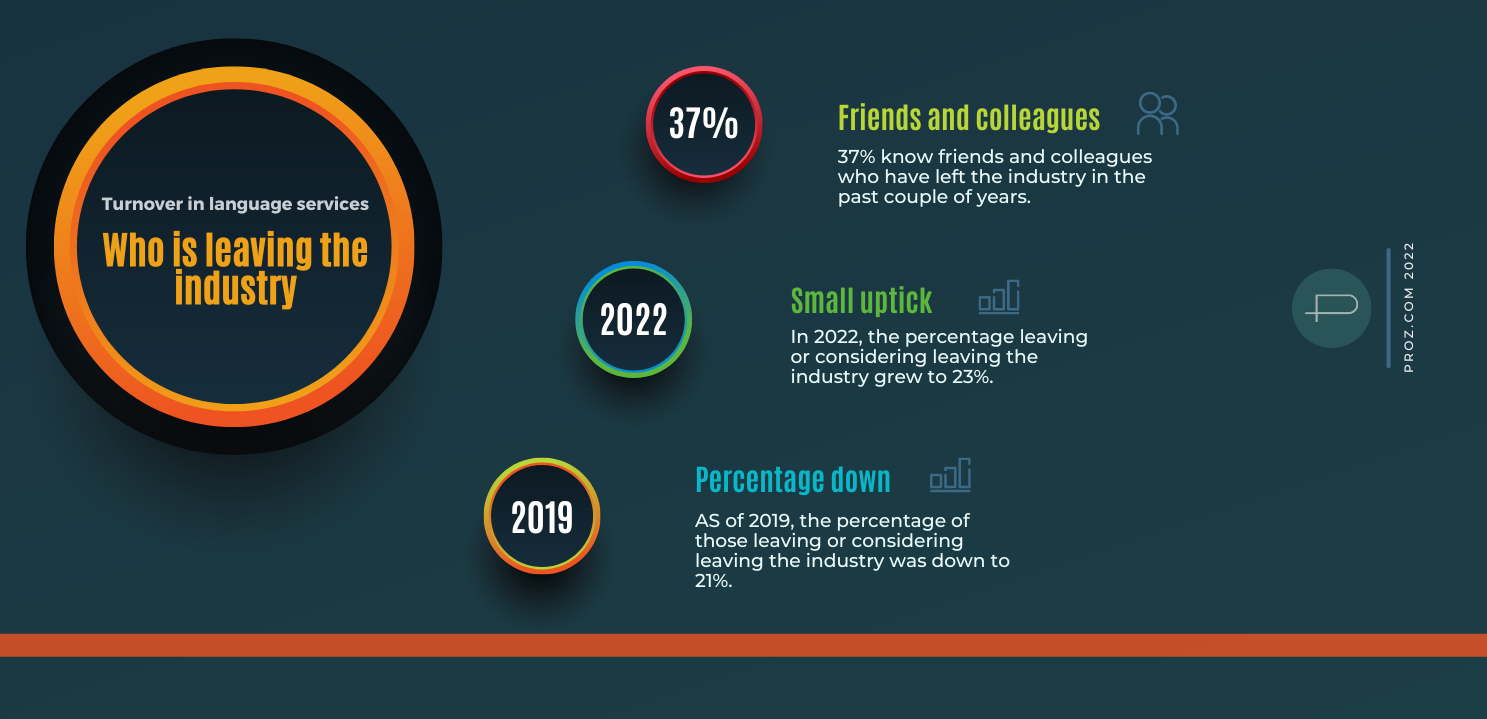In our fast-paced, technology-driven world, virtually every industry has experienced significant transformation. The field of translation is no exception, and it's on the cusp of a revolution that's reshaping the role of translators as we know it. In this blog post, we'll explore how machine learning is ushering in a new era, transforming Translation Memory (TM) from a repository of knowledge into a dynamic context-driven tool, and examine the profound implications this has for the future of translation.
Read More







.png)


.png)
